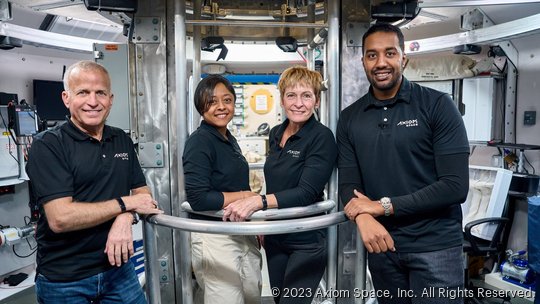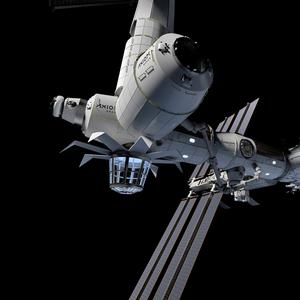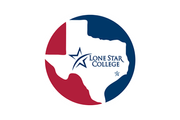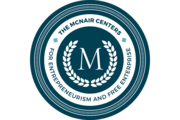
After months of training, the four-person crew on board Axiom Mission 2 have docked at the International Space Station to begin Houston-based Axiom Space’s second commercial mission.
The SpaceX Dragon craft carrying the crew launched on May 21 from NASA’s Kennedy Space Center in Florida. The agency confirmed the craft had successfully docked on the morning of May 22.
The launch previously was scheduled for earlier in May but had been pushed back, according to a tweet from the ISS’s Twitter account.
The four-person crew includes two astronauts from the Kingdom of Saudi Arabia as part of a partnership between Axiom and the Saudi Space Commission announced in 2022. Mission specialists Rayyanah Barnawi and Ali AlQarni are representing the country, and Saudi scientists will be leading several experiments from Earth.
Meanwhile, Peggy Whitson, Axiom’s director of human spaceflight and former NASA astronaut, is the commander of Ax-2, and John Shoffner, an entrepreneur and race car driver, is serving as pilot. Axiom announced the crew in February.
In addition to becoming the first woman commander of a private space mission, Whitson will have the chance to extend her record of the most cumulative time in space of any astronaut in the U.S. space program. Whitson’s previous missions to the International Space Station with NASA include Expedition 5 in 2002, Expedition 16 in 2007, and Expeditions 50 through 52 in 2016 and 2017. During a May 16 press conference, she said the crew went through an abridged training process compared to NASA’s current program, which had been used for the space shuttle.
The Ax-2 crew will conduct experiments including studying how stem and cancer cells respond to low-gravity environments. Barnawi, who worked as a biomedical researcher at the King Faisal Specialist Hospital and Research Center in Riyadh, said she was excited to observe the subjects of her research in a new environment.
Other experiments are geared toward future space innovation. Shoffner discussed a heart compression suit designed by the Massachusetts Institute of Technology that would make adapting to spaceflight easier.
That experiment and others will lead into Axiom Space’s long-term goal of creating a low-Earth-orbit commercial spaceflight economy centered around its planned Axiom Station, a free-flying space station billed as a planned replacement for the ISS. The company is constructing a new 22-acre headquarters at the Houston Spaceport to be able to work on the Axiom Station.
Axiom CEO Michael Suffredini said in April the development of private spaceflight for tourism, research and manufacturing would bring an influx of economic activity to Houston.
"The local economy is affected significantly because not only will there be jobs, but the amount of research and manufacturing that will take place over time will start to focus around the Houston area as well," Suffredini said. "There's a lot of testing and demonstration you have to do before you fly a system or [produce] a product, whatever that product might be."
While construction is underway, the company maintains a lease at a 146,000-square-foot former Fry's Electronics building as well as a separate facility to produce its spacesuits.
In preparation for Ax-2, the company partnered with local health care giant Houston Methodist to ensure the astronauts are physically conditioned. Axiom also consulted with Houston Methodist on the design of its new AxEMU spacesuit, which was produced under a $228.5 million contract from NASA.
On March 14, NASA also announced that Axiom Mission 3 will launch no earlier than November 2023 and is expected to spend 14 days docked to the space station. Axiom has partnered with California-based SpaceX since 2021 for four commercial space missions, starting with last year's Axiom Mission 1.
The advances in Texas companies such as Axiom, SpaceX and Houston-based Intuitive Machines (Nasdaq: LUNR) — which recently went public — led professional services firm PriceWaterCoopers to rank the Lone Star State first in the nation in aerospace investment in a recent report.
The state legislature has taken note of Texas' growth in the industry, with a bill on Gov. Greg Abbott's desk set to create the Texas Space Commission and the Aerospace Research and Space Economy Consortium. The public policy think tank Texas 2036, speaking in support of the legislation, determined that Texas currently accounts for 10% of the nation's space industry, while the state's commercial sector of the industry is expected to reach $1 trillion by 2040.





